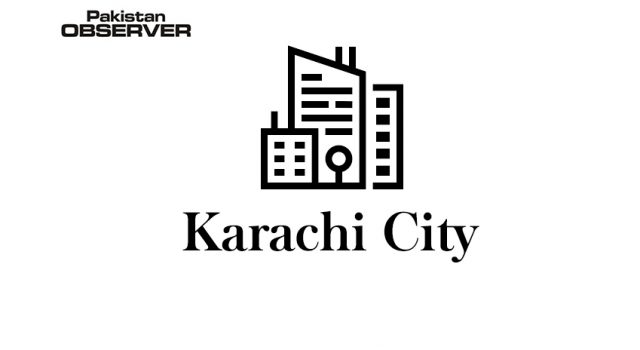Sindh Minister for Education, Labour and Human Resources Saeed Ghani on Tuesday said that that courts should “think about whether the decisions they take fall within the ambit of the government’s authority”. Speaking at a press conference, he said that the limit of any minister or chief minister’s authority was laid out by the Constitution and the law. Likewise, he said, the courts also had to take decisions in accordance with the same. “[The courts] should think whether the decision they are taking can be followed,” he said, adding that everybody would have to follow whatever decision the courts took, including himself even if he “did not like it”. The minister added that the provincial government did not regret any decision it took during the pandemic. He said that this was because “Chief Minister Murad Ali Shah and others took decisions based not on their personal wishes but on public health and safety”. He lashed out at the opposition for being “silly. They (the parties in opposition in Sindh Assembly) are in power in other provinces. Whatever they do is correct but whatever we do is wrong?” he questioned. Ghani clarified that the decision to keep shopping malls closed was not taken by the Sindh government, but was decided during a National Command and Operation Centre (NCOC) meeting. “This is U-turn politics,” he claimed. He said it was his opinion that everything should be allowed to open, adding that “no one was understanding” what the Sindh government had been saying since the pandemic began. Ghani said that schools would not be allowed to reopen even though private school associations wanted them to open so they could collect fees and pay their employees’ salaries.”Everything is reopening but schools are a different matter because they involve children’s lives even if we opened schools, parents would be hesitant to send their children,” he said. The minister added that the closure of schools was impacting children’s education. He said the government wanted to mitigate the impact of the closure by introducing digital learning through a mobile application developed by the Sindh Education and Literacy Department. He said the app has lessons and exercises for science, math and other subjects for students from kindergarten up to grade five. The lessons are available in English, Urdu and Sindhi languages. “Some schools in interior Sindh are already running a pilot programme [of using this app] for learning.”










